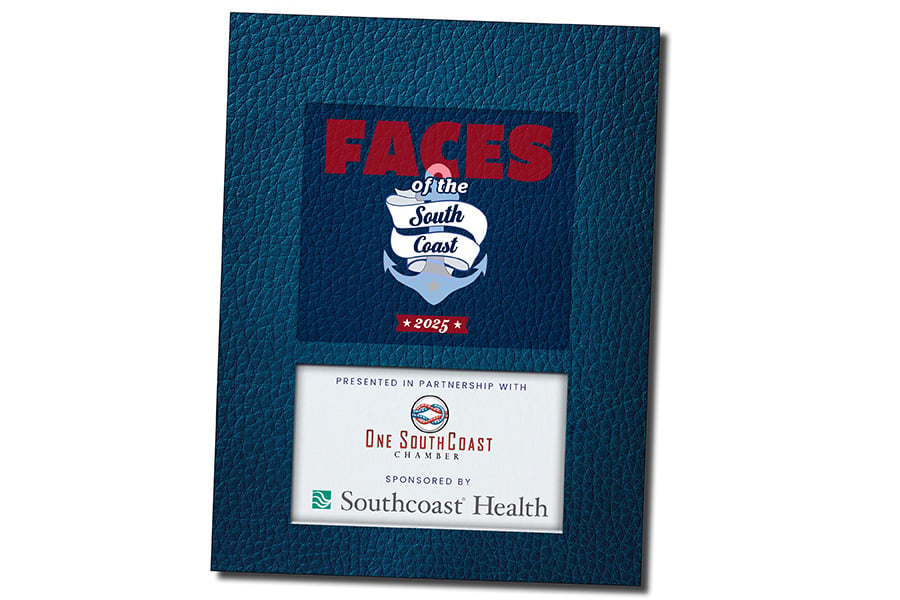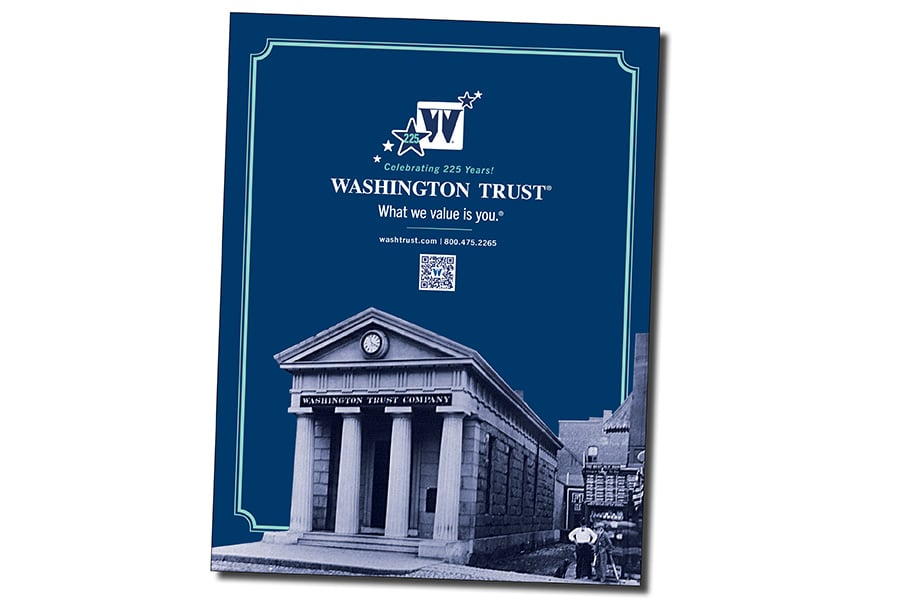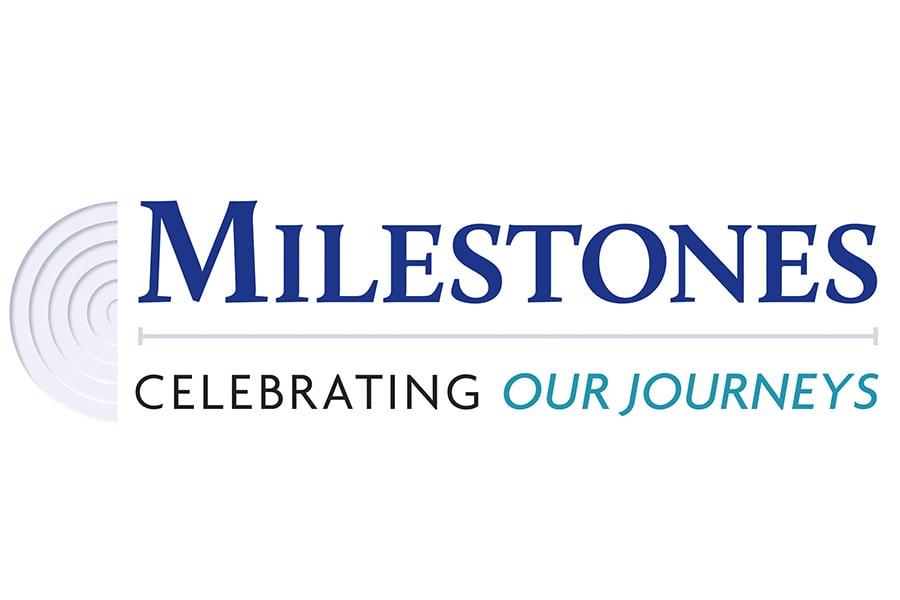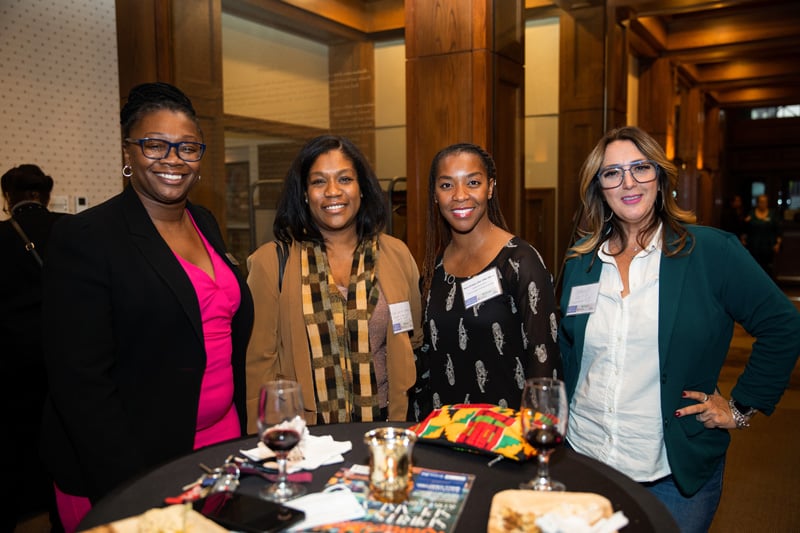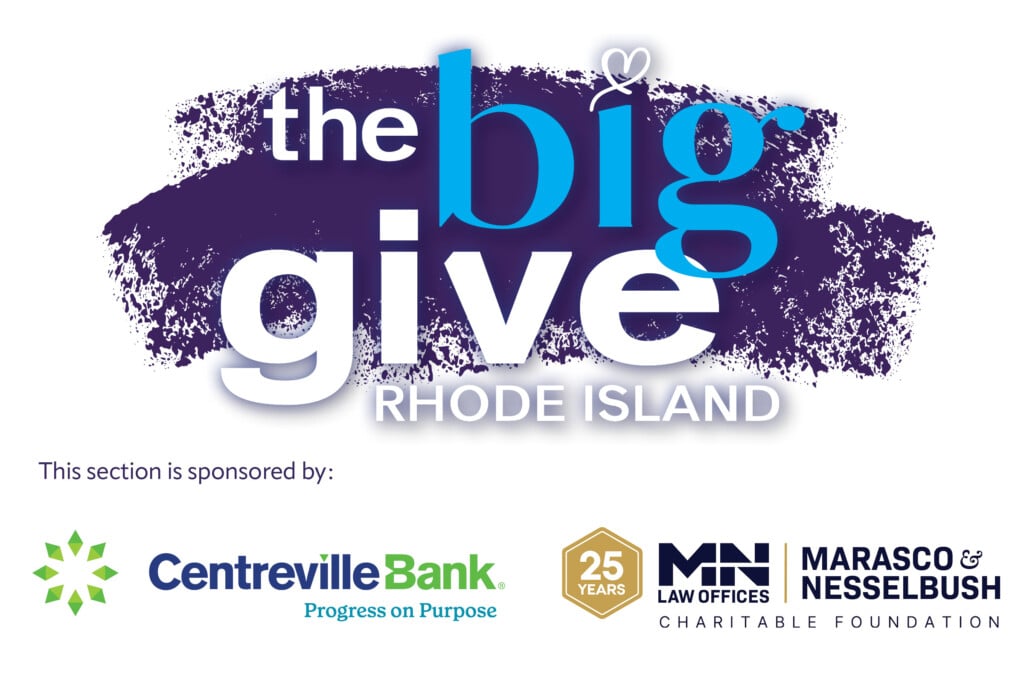Sakonnet Vineyard is Hosting a 50th Anniversary Harvest Celebration
Learn how the vineyard's stewards plan to implement sustainable and organic methods for farming and wine-making.
Sakonnet Vineyard in Little Compton is celebrating its fiftieth anniversary with self-guided tours, wine tastings and family-friendly activities during a two-day harvest celebration from October 11-12. It’s the perfect time to visit New England’s oldest vineyard, right in the middle of its harvest season. They also have a full menu of charcuterie boards, salads, sandwiches and more for guests to savor over wine tastings and pours.
The 169-acre vineyard with twenty acres of vines was established in 1975 by founders Jim and Lolly Mitchell, making it the first licensed winery in New England since Prohibition. The first vines planted on the land focused on Chardonnay and Pinot Noir grapes, because the coastal climate is similar to that in Burgundy, France, where those grape varieties thrive. The vineyard was sold to Earl and Susan Samson in 1987, who ran it up until 2012, when it was purchased by Rhode Island native Carolyn Rafaelian.
Rafaelian still owns it today, but she has enlisted local wine experts and husband-and-wife team James Davids and Marissa Stashenko, who came on in 2024, to manage the winemaking responsibilities. They’ve been working toward implementing organic and sustainable farming practices, which they explained to a group of visitors on a recent tour that showed off some of those efforts.
In late August, James Davids loads up a golf cart with passengers and drives up to a field in the vineyard. The pasture looks like it was once overgrown by vines, weeds and wildflowers, but it’s recently been tilled. “The first vines that were planted were in this field right here,” he says. “And when you look in that field, it doesn’t look like there’s much going on, but underneath the ground is all the roots and all the stuff left over from the old vines. There’s about ten different species of grass and other forage, and before that, it was mostly the clover that came out. And twice a year, we go through and we rototill all that up, we turn the soil over, and we’re composting all that old matter back down into the soil.”
It’s the method of regenerative farming that is so important to sustainable growing and organic farming. “You’re using nature to bring back nutrients into the soil, to promote the growth of beneficial microbes, much like how you might take a probiotic,” Davids says.
They prefer to use these sustainable farming methods and avoid fertilizer when growing grapes for their wines. “There’s stuff growing everywhere out here. It’s a really fertile, happy place,” he says. “This is proof that not having a monoculture of just grapevines, but having other things in there, the clover and some of the grasses, when they die off, they actually push all this nitrogen into the ground. So you don’t need to use fertilizer.”
The winemakers aim to preserve Sakonnet Vineyard, right on Mount Hope Bay, without contaminating the environment. “Fertilizer is probably the the biggest thing that runs off with pesticides into the water, that goes into our land, lakes and streams,” Davids says. “But all that nature gives you as much nitrogen – as much ‘fertilizer’ as you want – it just comes in the form of plants.”
Davids is letting the field compost old roots and leaving it fallow until they are ready to plant new grapevines for the next generation of Sakonnet Vineyard. “I thought that this is an inspirational place to come because this was the first vineyard site, and it’s where we’re going to plant our first new vines in about two years,” Davids says. “Chardonnay again.”
Over the harvest celebration, guests will get the chance to see the vineyard grounds themselves during self-guided tours and a scavenger hunt with stops highlighting Sakonnet’s history and sustainable practices. On Oct. 11, there will be live music from the Dave Alves Band from 1–4 p.m., and on Oct. 12, there will be a Harvest Market, in collaboration with the Tiverton Farmers Market, that will feature sixty to seventy local vendors, makers and growers. Regional experts in regenerative farming, beekeeping and winemaking will also be on hand to host educational sessions and demonstrations.





